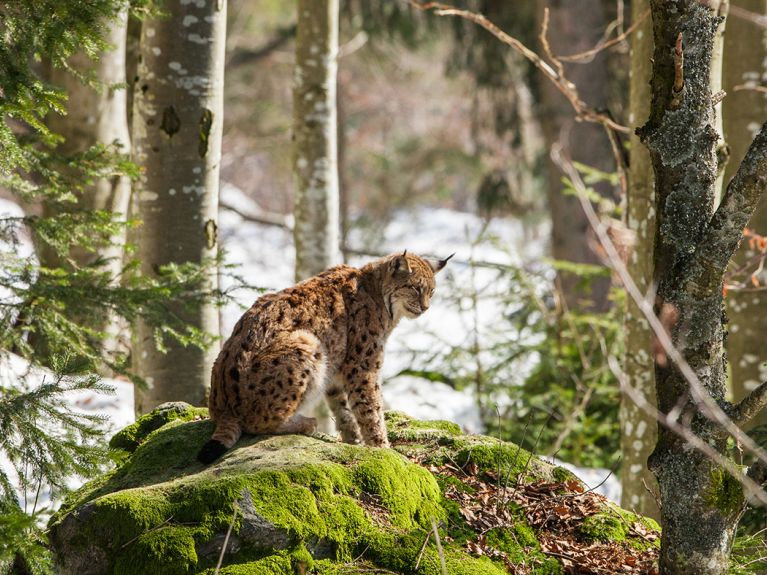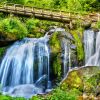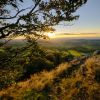“A great treasure”
Role models for sustainable development: Lutz Möller of the German Commission for UNESCO on the value of biosphere reserves.

The UNESCO biosphere reserves aim to contribute to sustainable development in Germany and the rest of the world. Lutz Möller, Deputy Secretary-General of the German Commission for UNESCO and member of the National Committee for Biosphere Reserves, explains how this can be achieved.

Mr Möller, there are 16 UNESCO biosphere reserves in Germany and more than 700 worldwide. How many of them do you know? And what makes them special?
I know all the German UNESCO biosphere reserves and at least two or three dozen worldwide. Each biosphere reserve has its own unique nature. What they all have in common is that they are making the future real. The aim is to bring together several different goals: for example, it is a question of how we can overcome climate change, stop the dramatic loss of biodiversity and at the same time live well in the countryside.
Yet most people probably associate a biosphere reserve primarily with unspoilt nature.
This is indeed the first association. In fact, however, only small areas are subject to strict nature conservation. These so-called core zones make up only about three percent of the German biosphere reserves. People live and work in the other areas. And there, the idea is for farming and other work to be carried out as far as possible in such a way that nature and biodiversity do not suffer. Scientific research is conducted into how and why certain models of sustainable economic activity work. And because biosphere reserves exchange ideas worldwide, good ideas are spread around the globe as a result.
Biosphere reserves are seen as an instrument for achieving the 17 goals of the 2030 Agenda for Sustainable Development established by the United Nations. What can biosphere reserves contribute to this?
Here you can see how the different goals of the Agenda can interlock. For example, you can try out in practice how wind turbines can be built without harming biodiversity.
The biosphere reserves are also regularly evaluated. What does this reveal?
It usually reveals to those responsible what a great treasure they possess when recognized as a UNESCO biosphere reserve. Because successes can be measured: German biosphere reserves have the highest proportion of organic farming in Germany. They also have the highest level of networking among local farms. More than six percent of all tourists who visit a German biosphere reserve go there expressly because it has UNESCO recognition. This strikingly shows that the designation of the areas as model regions for sustainable development is justified.
You would like to receive regular information about Germany? Subscribe here:


